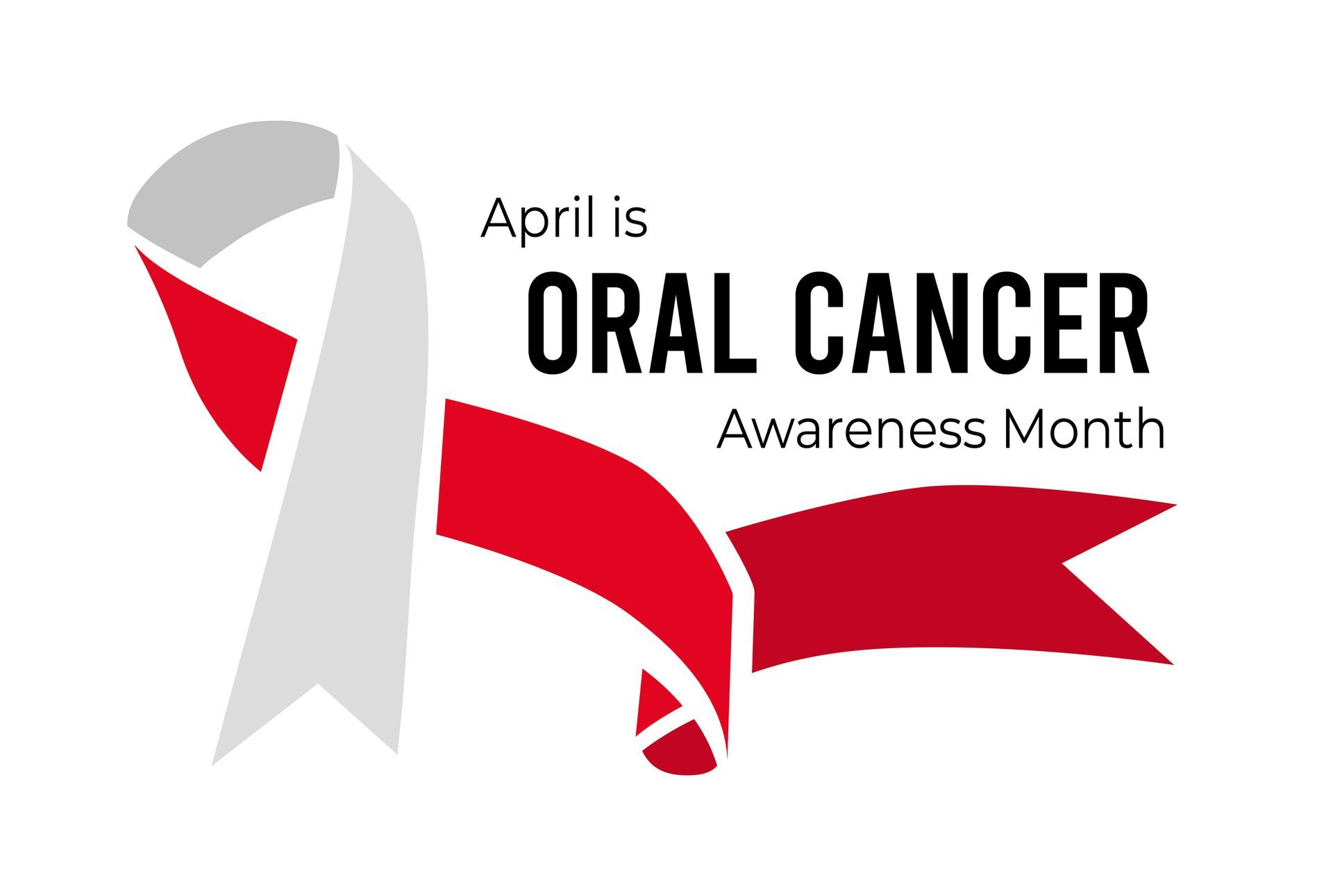What Are the Signs of Gum Disease and How Can I Avoid It?
Gum disease, also known as periodontal disease, is a common oral health problem that affects millions of people worldwide. It can range from mild inflammation to severe damage to the gums and supporting structures of the teeth. The good news is that gum disease is largely preventable and treatable when caught early. Therefore, recognizing and understanding its signs from the beginning can help you seek treatment early and prevent potential complications. In this article, we will explore these signs of gum disease and discuss effective ways to avoid it.

Signs of Gum Disease:
1. Gingivitis: Gingivitis is the earliest stage of gum disease. Signs of gingivitis include red, swollen, and tender gums that may bleed when you brush or floss your teeth. Bad breath is also a common symptom.
2. Receding Gums: As gum disease progresses, you may notice that your gums are receding or pulling away from your teeth. This can make your teeth appear longer and may expose the tooth’s sensitive roots.
3. Pockets Forming: Gum disease can cause pockets or spaces to form between your teeth and gums. These pockets can trap food particles and bacteria, leading to further inflammation and infection.
4. Tooth Sensitivity: Increased sensitivity to hot or cold temperatures can be a sign of gum disease. As the gums recede, it can expose the sensitive parts of your teeth, leading to discomfort.
5. Loose Teeth: In advanced stages of gum disease, the supporting bone and tissues around the teeth can deteriorate, causing the teeth to become loose or shift in position.
6. Pus Formation: If you notice pus between your teeth and gums or a foul taste in your mouth, it may indicate an active infection associated with gum disease.

How to Avoid Gum Disease:
1. Maintain Good Oral Hygiene: The most effective way to prevent gum disease is to brush your teeth twice a day and floss daily. Use a fluoride toothpaste and a soft-bristle toothbrush. Proper brushing and flossing help remove plaque, the main cause of gum disease.
2. Regular Dental Check-ups: Visit your dentist for regular check-ups and professional cleanings. Your dentist can detect gum disease in its early stages and provide treatment or recommendations for prevention.
3. Quit Smoking: Smoking is a significant risk factor for gum disease. Quitting smoking can greatly reduce your chances of developing gum disease and improve your overall oral health.
4. Balanced Diet: Eat a balanced diet rich in fruits and vegetables. Nutrients like vitamin C help promote healthy gums. Avoid sugary snacks and beverages, as they can contribute to plaque formation.
5. Limit Alcohol and Stress: Excessive alcohol consumption and chronic stress can weaken the immune system and make you more susceptible to gum disease. Moderation and stress management are key.
6. Use Antiseptic Mouthwash: Consider using an antiseptic mouthwash approved by your dentist. It can help reduce the bacteria in your mouth and maintain good oral hygiene.
Gum disease is a common oral health issue that can lead to serious complications if left untreated. However, by being aware of the signs of gum disease and taking proactive steps to prevent it, you can maintain healthy gums and teeth throughout your life. Remember that early detection and intervention are crucial in managing gum disease, so don’t hesitate to consult your dentist if you suspect any symptoms. Prioritizing your oral health can lead to a lifetime of smiles and well-being.




